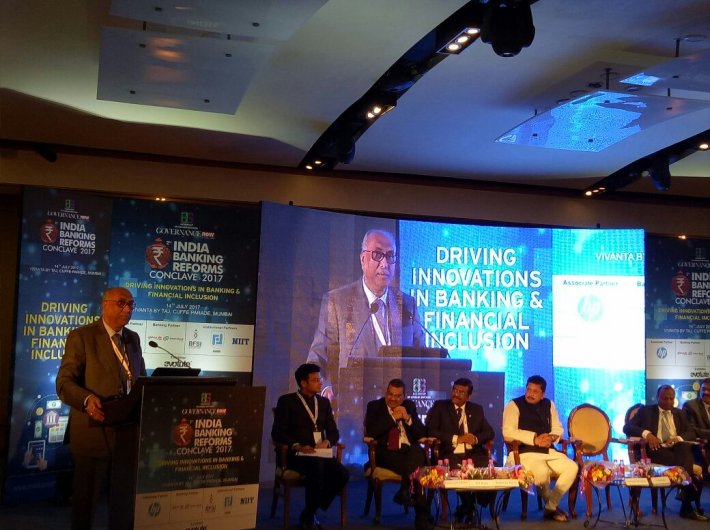RBI’s prompt corrective action framework facilitates banks to take corrective measures to restore their financial health, said SS Mundra

Geetanjali Minhas | July 14, 2017 | Mumbai

In his very first set of decisions after shifting to Seva Teerth, the new address of the PMO, PM Narendra Modi signed important files relating to decisions that reflect the spirit of Seva. These decisions touch every section of society: farmers, women, youth, and vulnerable citizens. 1.
Key Takeaways India ranks 3rd in Stanford University`s 2025 Global AI Vibrancy Ranking. Data infrastructure, entrepreneurship and demography are key enablers for AI adoption. In India the relative penetration of AI skills was 2.5 ti
India’s cities are expanding at an unprecedented pace, absorbing people, infrastructure, and economic activity at scale. What urban governance frameworks have been slower to absorb is a reality already playing out on the ground: animals are an inseparable part of urban life. From community dogs and p
* India is institutionalising AI for culture and languages through national platforms such as BHASHINI, Anuvadini, Gyan Bharatam and Adi Vaani etc. * AI is being used to make cultural and knowledge assets usable by digitisation of manuscripts, translation of academic content, and in
India has improved its position by four slots and is now placed at 45th rank in the Network Readiness Index 2025 (NRI 2025) report prepared by Portulans Institute, Washington DC. The report, released on February 4, maps the network-based readiness landscape of 127 economies based on th
India and the United States on Saturday announced they had agreed on an interim framework for an interim trade agreement, indicating a broad roadmap of the opening of the markets and reduction in trade tariffs on both sides. In a message on X, prime minister Narendra Modi said, “Great